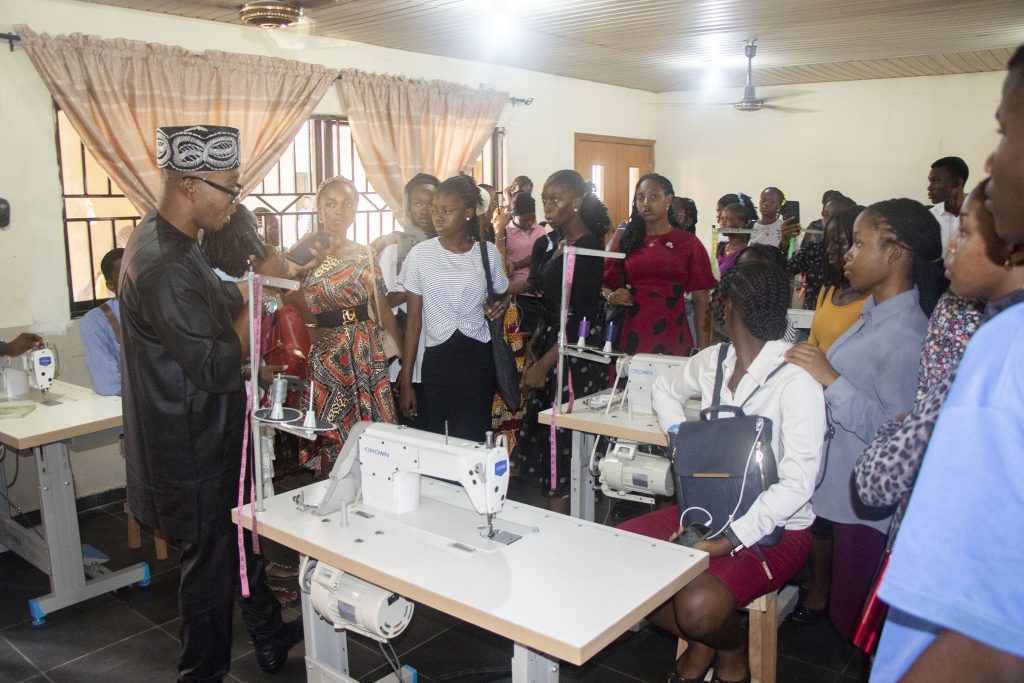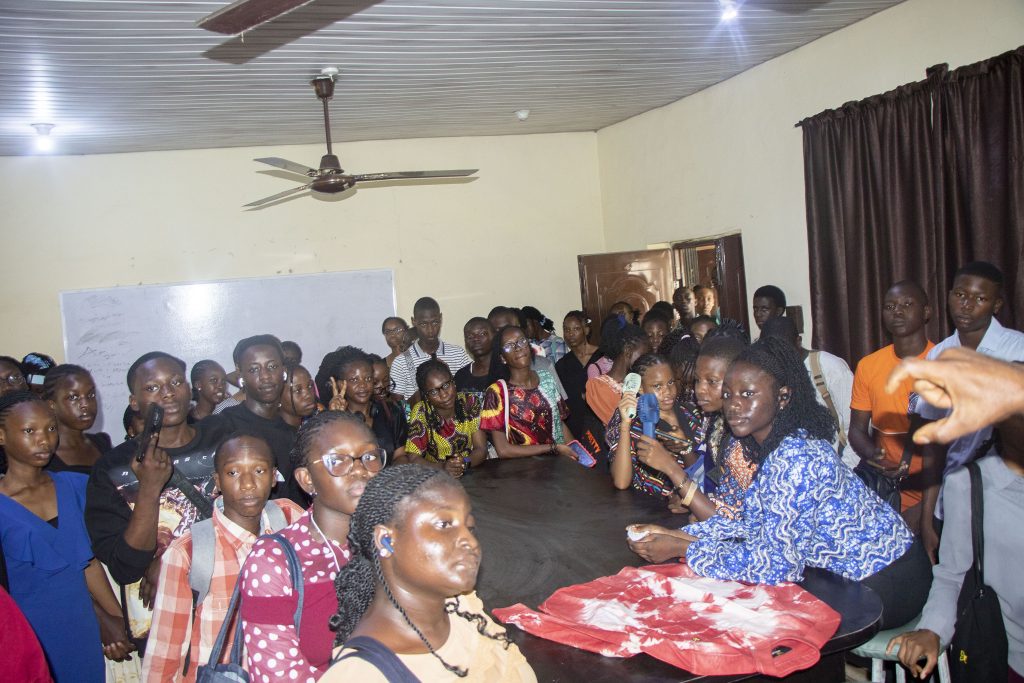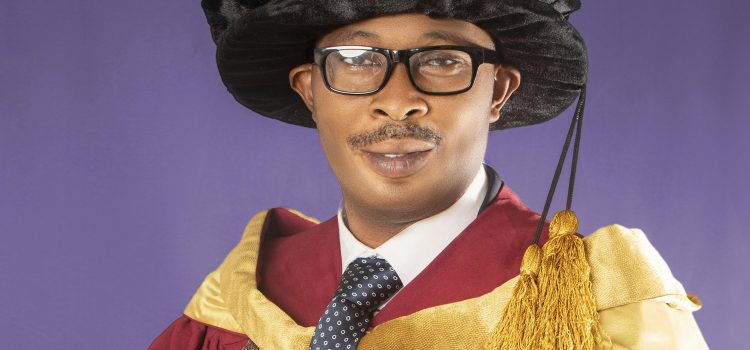In the evolving landscape of higher education, the fusion of academic learning with vocational training has emerged as a crucial component for preparing students for real-world challenges. Dr. Astor Abuh, the Director of the Center for Entrepreneurship and Innovation, has lauded Vice-Chancellor, Professor Francis Igbasan, for his commitment to integrating vocational excellence into the University’s educational framework.
In an exclusive interview with McU Echo, Dr. Abuh shed light on the University’s proactive approach to vocational training, highlighting a significant policy shift initiated by Professor Igbasan.
The administration has allotted two, out of five days every week for vocational training throughout students’ academic career, a move designed to ensure graduates not only attain robust academic credentials, but also receive comprehensive vocational training, culminating in recognized certifications.
“The Vice Chancellor, Prof. Francis Igbasan, has been instrumental in revolutionizing our vocational training programs,” Dr. Abuh noted. “His efforts to secure state-of-the-art equipment, essential materials, and a team of highly qualified experts, are a testament to his dedication. This holistic approach ensures that our students will leave here not just with theoretical knowledge, but with practical skills that are immediately applicable in the professional world.”
Currently, the Center for Entrepreneurship and Innovation offers six distinct vocational training programs. They include, Fashion and Accessories, Computer Accessories, Hairdressing & Unisex Salon, Textile Design, Home Use Products, and Catering & Confectionery. Each program is designed to equip students with specialized skills that can enhance their employability and entrepreneurial potential.
Looking ahead, Dr. Abuh shared ambitious plans to expand the centre’s offerings. “We are excited to introduce a new program in Shoe and Leather Work in the upcoming session,” he revealed. “This addition will further diversify the vocational skills our students can acquire and improve their prospects in various sectors.”
Despite these advancements, Dr. Abuh candidly acknowledged the challenges faced by the centre. One of the most pressing issues is the lack of a dedicated facility to house all vocational programs. At present, these programs are dispersed across different locations within the Institution, which complicates logistics and hampers the potential for integrated learning experiences.
“There is an urgent need for a consolidated space where all vocational training can take place,” Dr. Abuh emphasized. “A central facility would not only streamline operations but also enhance the quality of training by providing students with a cohesive and fully equipped environment.”
Dr. Abuh’s praise for Professor Igbasan underscores the significant strides being made in vocational education at the University.
With continued support and strategic development, the institution is poised to set new standards in preparing students for a successful future, balancing academic rigor with practical, hands-on skills.












